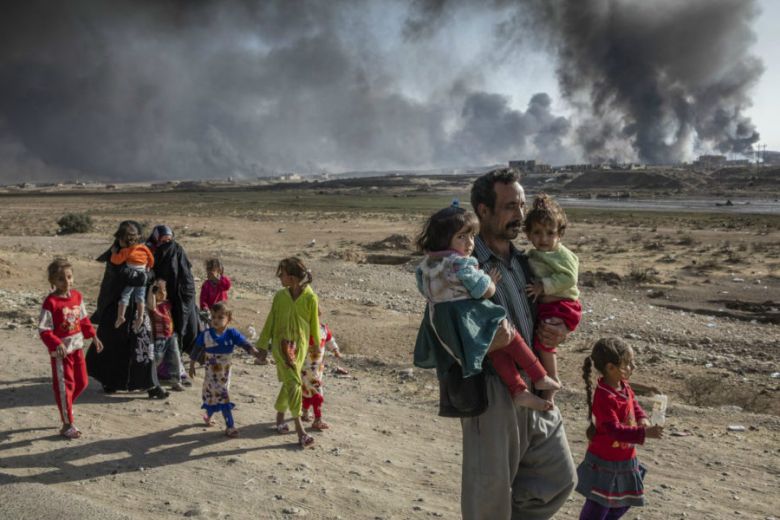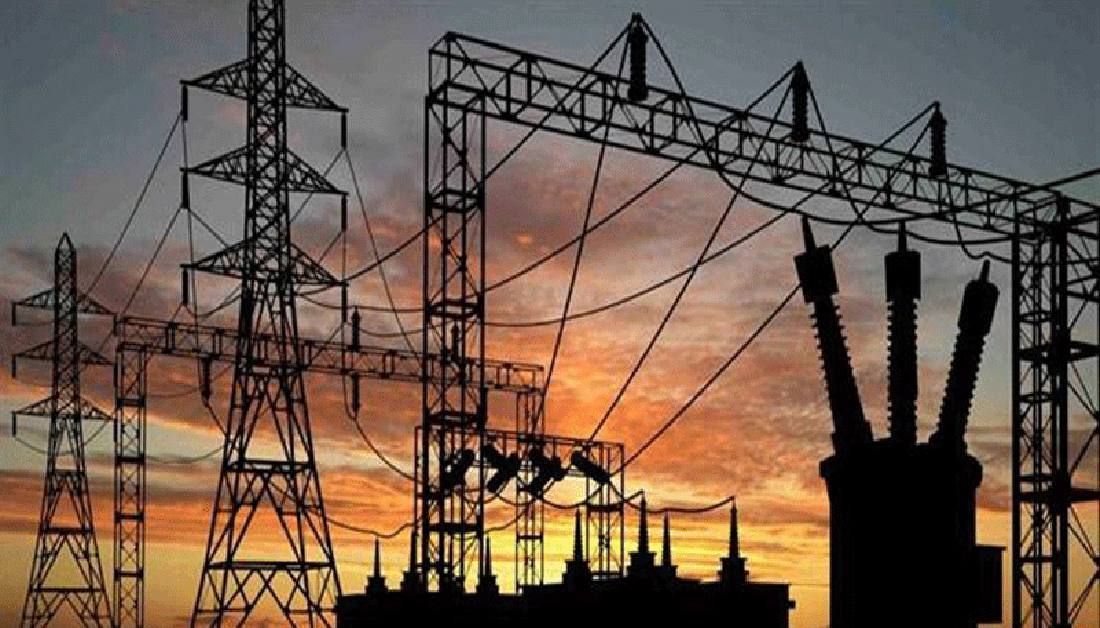Ways of Facing War Effects
Sabah al-Taliqani
Wars have tangible and intangible effects, and immediate and far-reaching negative consequences, which disastrously affect society and constitute a regressive line in the levels of growth, development, stability and well-being; in addition, their remnants leave countries under the pain of anxiety, backwardness and retreat in all aspects of life.
There are imposed wars in which nations may triumph over the aggressor forces, but the price is usually very high, whether it is related to the state-building aspect or the social, economic and cultural aspects.
What are the effects of wars? What is the way to confront it? And how can societies return to normal?
The effects of a war begin on a family through the preoccupation of its members with the war. These effects overwhelm the society through problems related to life and stability, and result in major problems such as famines and the spread of diseases. In addition, long-term negative psychological effects are due to the loss of the family’s breadwinner, or one of the children’s loss, and then this follows the emergence of social problems related to morals, values and principles.
The first and greatest social problems are related to youth, where unemployment increases, followed by a feeling of despair and weak confidence in the state institutions that are usually exhausted by the requirements of wars.
In addition to the environmental effects that destroy nature through the burning of forests and plantations.
Ideas and treatments
Dr. Khaled Al-Ardawi, Director of the Center for Strategic Studies at the University of Karbala, said that war-torn countries looking to rebuild their future should do the following:
1- A political leadership based on responsibility that works with a clear vision of the interest of the state and does not work for personal, sectarian, or national interests.
2- Strengthening the law enforcement authority, while keeping high transparency in its work, and firmness in accountability.
3- Equitable distribution of income and wealth.
4- A clear strategy for advancing the reality of education.
5- An economic strategy for achieving economic development, because without a strong economy, there is no progress and civilization renaissance.
6 - Preventing foreign interference in the country’s affairs.
7- Protecting the system of moral values, and avoiding intellectual and behavioural violence.
The Central Role of Civil Society Organizations
The public community understands the importance of the presence of civil society organizations, especially in times of disasters, crises and wars, because of its pivotal role in consolidating the foundations of humanitarian cooperation and providing support in its various forms, as it undertakes voluntary assistance tasks to rescue and assist victims.
The tasks of the organizations differ in providing social, health and humanitarian services and defending human rights, as well as monitoring, and documenting cases of infringement or negligence towards these rights, so these organizations can be considered the honest and supportive mediator between the affected people and the government.
Civil society organizations have had a significant impact, especially in the humanitarian aspects, and cover the needs of thousands of IDPs and war victims, in addition to assisting young people in awareness, guidance and educational programs, to be active members in building their country and society.




